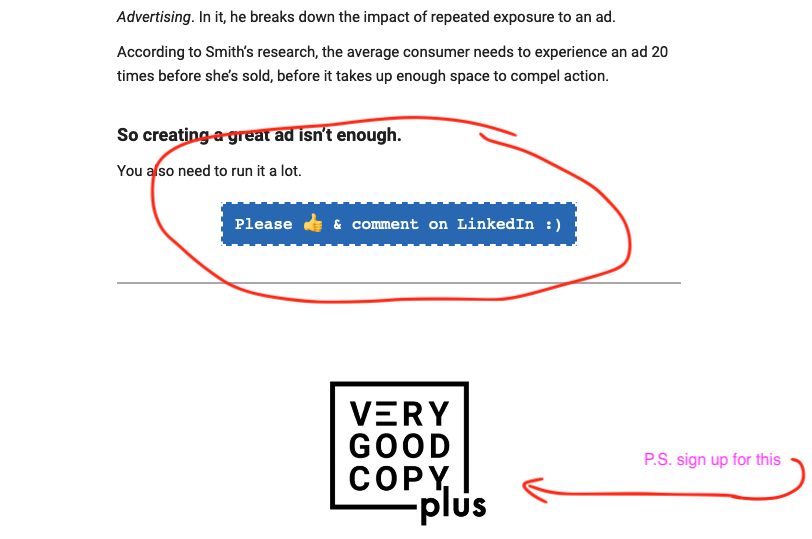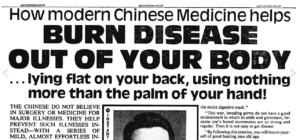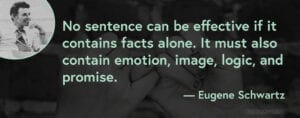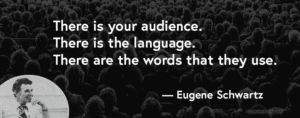So you want to be a writer, eh? But, before you can start cranking out those masterpiece novels or award-winning articles, you must understand the difference between copywriting and copy editing.
There is often a lot of confusion about the difference between copywriting and copy editing. Both involve working with written text, but the goals and methods of each are quite different. This article will explore the key differences between these two essential functions.
Copywriting is all about creating new content. A copywriter may create an advertising campaign, write website content, or generate ideas for a new product. Copywriters need to be creative and have a knack for coming up with catchy phrases and exciting ideas.
Copy editing, on the other hand, is all about improving existing content. Copy editing is about taking existing content and ensuring it is error-free and conforms to all the relevant style guidelines. A copy editor will go through a text with a fine-tooth comb, looking for errors and ways to improve clarity and flow. Copy editing is a more technical task that requires excellent attention to detail.
What Does a Copywriter Do?
Copywriters write the words that sell products, Services, or ideologies. A good copywriter can make a dull product sound exciting, and a complicated product sound simple. A great copywriter can make you want something you never knew you needed.
The word “copy” comes from the Latin word copia, which means “abundance.” A copywriter has excellent words and knows how to use them to get people to take action.
A copywriter is not the same as a copy editor. A copy editor looks at grammar, spelling, and punctuation. A copywriter looks at all those things, but their main focus is persuading people to take action.
A good copywriter can use psychology to get people to do what they want. They know how to use words to tap into people’s emotions and create a desire for something.
If you’re selling a product or service, you need a good copywriter on your team. They will be able to take your bland offering and turn it into something that people will want to buy.
What Does a Copy Editor Do?
A copy editor reviews and edits written content before it is published. This may include checking for grammar, spelling, and punctuation errors and ensuring that the content is clear and consistent. Copy editors may also fact-check information to ensure accuracy.
Copy editors usually work with written content that has already been edited for style and tone, such as blog posts or articles. They are not responsible for coming up with the initial idea for the content, but they play an essential role in ensuring that it is well-written and error-free before it is published.
Copywriter vs. Copy Editor: Key Differences
There is a big difference between copywriting and copy editing. Copywriting is about crafting the perfect message to reach your target audience, while copy editing ensures the writing is error-free and polished.
As a copywriter, you’ll need to capture your audience’s attention and clearly and concisely communicate your message. You’ll also need to be able to write for different platforms, such as social media, the web, email, and more. As a copy editor, you’ll need to be able to edit for grammar, spelling, punctuation, and more. You’ll also need to be able to work with different types of writing, such as blog posts, articles, website content, etc.
Copywriting and editing are essential skills to have in today’s digital world. However, which one you decide to pursue will depend on your interests and strengths.
Is an Editor a Copywriter?
An editor reviews and corrects errors in a manuscript before it is published. A copy editor is a type of editor who focuses on improving the grammar, punctuation, and overall clarity of the writing. In addition, a copywriter writes promotional materials, such as advertising copy, brochures, and press releases. “copywriting” can also refer to writing compelling website content or creating clear taglines.
Do Copywriters Need Editors?
Copywriting and copy editing are two different things.
Copywriting is the art and science of creating persuasive, engaging, and compelling content. It’s about understanding what your audience wants to read and then delivering it in an engaging and easy way.
On the other hand, copy editing is all about ensuring the content is error-free, grammatically correct, and consistent. It’s about taking the rough draft of a copywriter’s work and making it shine.
So, do copywriters need editors? Absolutely! Copywriters can benefit from having their work critiqued by someone specializing in copy editing. A good editor will catch errors that the copywriter may have missed, and they’ll also be able to offer suggestions on making the piece more readable or persuasive.
Types of copywriting
There are three main types of copywriting: email copywriting, sales pages, and website copywriting.
Email copywriting is perhaps the most straightforward form of copywriting. It involves writing emails to get the recipient to take the desired action, such as subscribing to a newsletter or making a purchase.
Sales pages are another common type of copywriting. Sales pages are typically longer than email copy and are designed to persuade the reader to take a specific action, such as buying a product or signing up for a service.
Website copywriting is similar to sales page copywriting. Still, it is typically shorter and more focused on persuasive language that encourages visitors to take the desired action, such as filling out a form or making a purchase.
Steps of copy editing
Whether you’re a professional copywriter or editor, or just someone who wants to improve their writing skills, it’s important to understand the difference between copywriting and copy editing. Both are essential steps in the editing process, but they serve different purposes.
Copywriting is the act of creating original content for a publication. This could be anything from a blog post to a sales letter. Copywriters are responsible for developing new ideas and turning them into well-written pieces.
On the other hand, copy editing is the act of reviewing and improving existing content. This could be anything from proofreading an article to checking for errors in a document. Copy editors ensure that the content is accurate, error-free, and easy to understand.
Both copywriting and copy editing are essential steps in the editing process. However, they serve different purposes. If you want to improve your writing skills, it’s vital to understand the difference between these two terms.
Copywriter Salary
Most copywriters charge by the project, but some also work hourly. The going rate for a copywriter is about $100 per hour. Still, rates can vary depending on the copywriter’s experience, the project’s length, complexity, and the amount of research required.
Copy Editor Salary
There is often confusion about the difference between copywriting and copy editing. Copywriting is creating original content for a specific purpose, such as advertising or marketing. On the other hand, copy editing is reviewing and revising content to ensure accuracy, clarity, and style.
Copy editors review and edit written material to improve accuracy, clarity, and style. They may also check for grammar, punctuation, and spelling errors. Copy editors usually work with a team of writers and editors to ensure that all content meets the publication’s standards.
Copy editors typically work on a per-word or per-hour basis. Rates for copy editors range from $25 to $50 per hour but may be higher for senior editors or those with specialized skills.
The average salary for a copy editor is $50,000 per year. However, copy editor rates vary depending on experience, location, and publication type.








